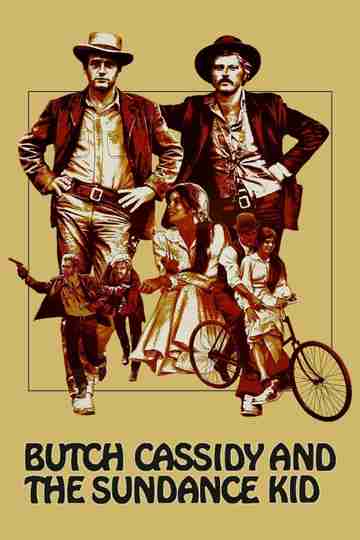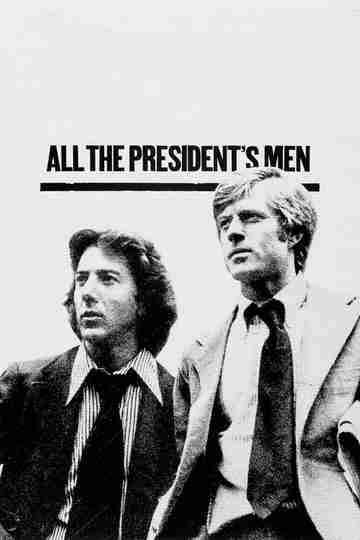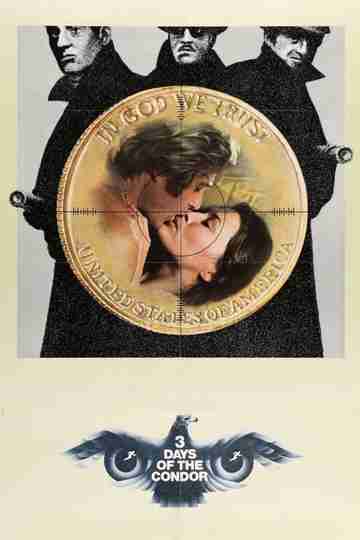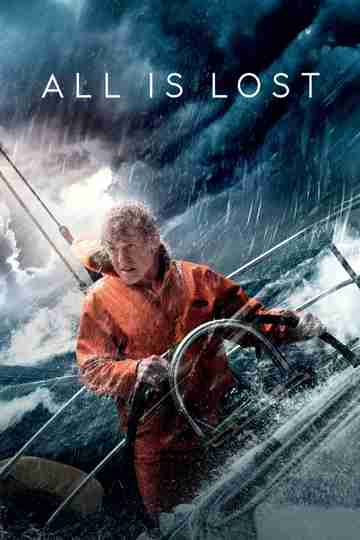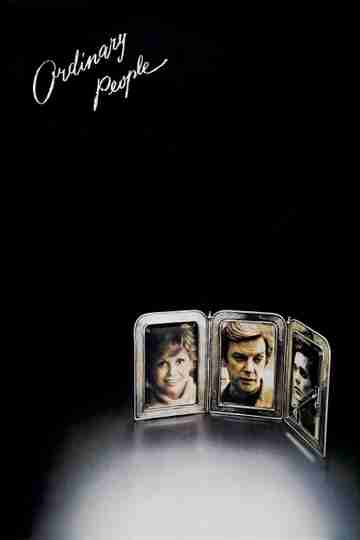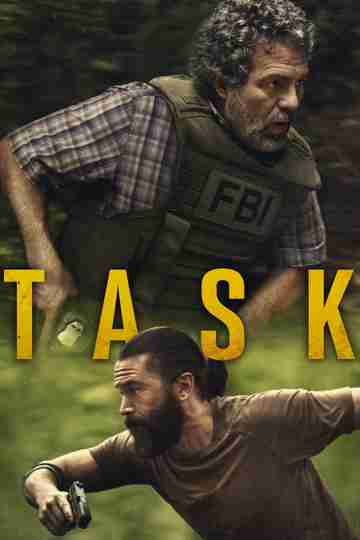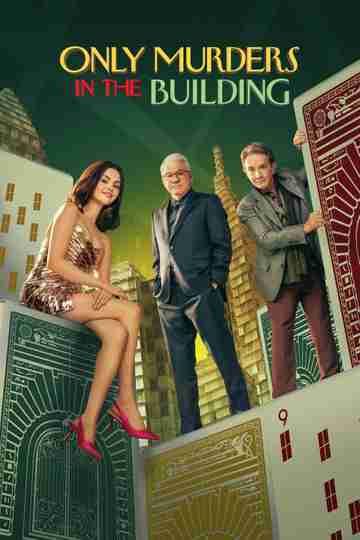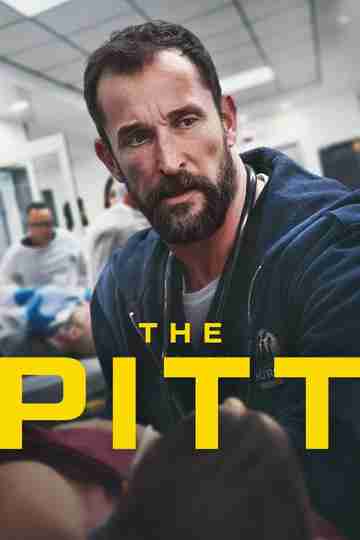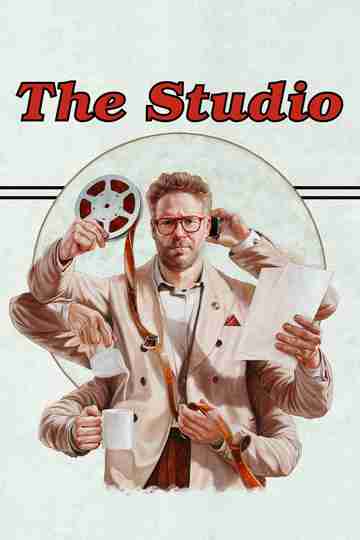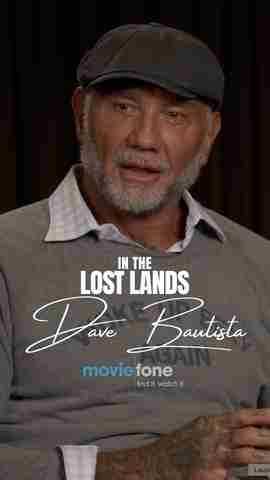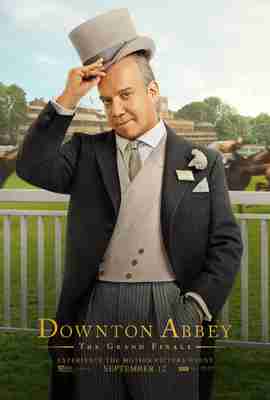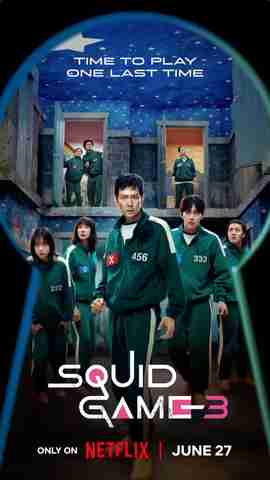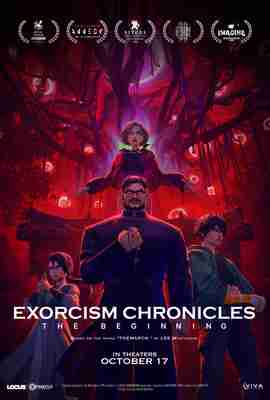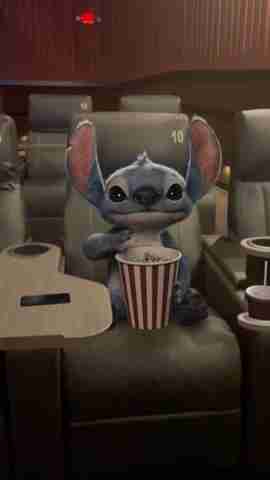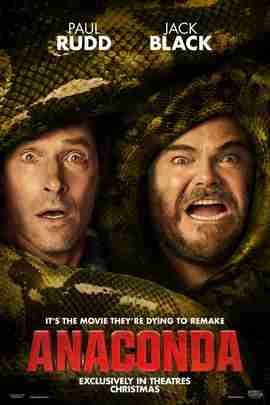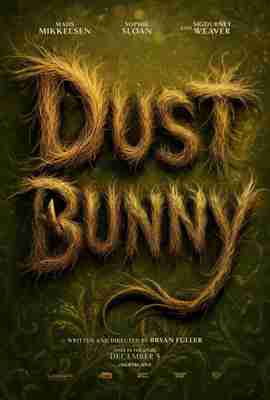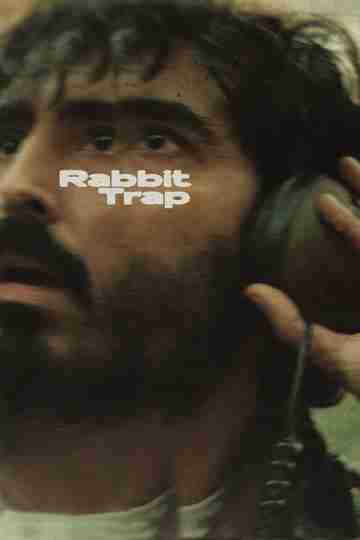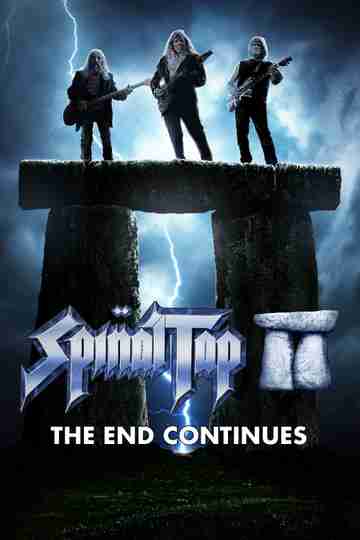Twenty Questions is a spoken parlor game which encourages deductive reasoning and creativity. It originated in the United States and was played widely in the 19th century. It escalated in popularity during the late 1940s when it became the format for a successful weekly radio quiz program.
In the traditional game, one player is chosen to be the answerer. That person chooses a subject but does not reveal this to the others. All other players are questioners. They each take turns asking a question which can be answered with a simple "Yes" or "No." In variants of the game, multiple state answers may be included such as the answer "Maybe." The answerer answers each question in turn. Sample questions could be: "Is it bigger than a breadbox?" or "Can I put it in my mouth?" Lying is not allowed in the game. If a questioner guesses the correct answer, that questioner wins and becomes the answerer for the next round. If 20 questions are asked without a correct guess, then the answerer has stumped the questioners and gets to be the answerer for another round.
Careful selection of questions can greatly improve the odds of the questioner winning the game. For example, a question such as "Does it involve technology for communications, entertainment or work?" can allow the questioner to cover a broad range of areas using a single question that can be answered with a simple "yes" or "no". If the answerer responds with "yes," the questioner can use the next question to narrow down the answer; if the answerer responds with "no," the questioner has successfully eliminated a number of possibilities for the answer.
